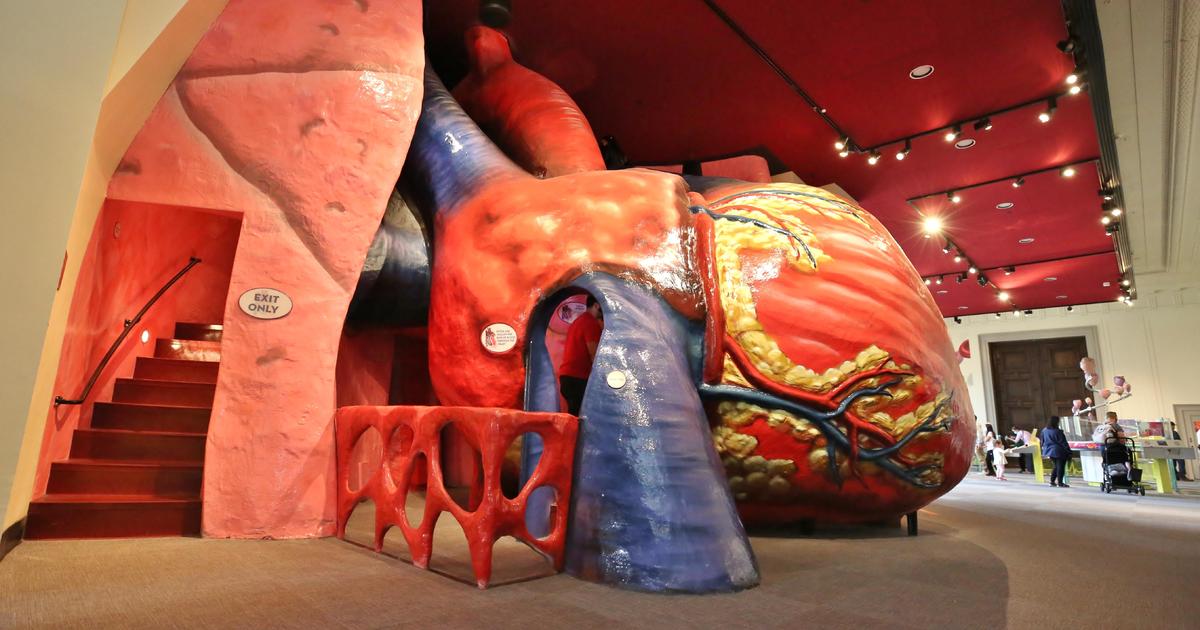Pig kidney works in human body for over a month, in latest step forward in animal-human transplants
For over a month, a pig's kidney that was transplanted into a human body has worked normally — a step surgeons hope can one day lead to using this type of operation to save patients' lives. The experimental surgery was performed with the consent of the family of a man who had been declared brain dead and donated his body to science.
Announced by NYU Langone Health Wednesday, this experiment marks the longest a genetically-engineered pig kidney has functioned in a person, the researchers said. The man who received the organ was "maintained with a beating heart on ventilator support," according to a news release.
"This work demonstrates a pig kidney — with only one genetic modification and without experimental medications or devices — can replace the function of a human kidney for at least 32 days without being rejected," Dr. Robert Montgomery, director of the NYU Langone Transplant Institute who led the procedure on July 14, said in a statement.
Rejection issues in the past with animal-to-human transplants, or xenotransplantation, have led to failures, largely due to people's immune systems attacking the foreign tissue. Now, however, scientists are using genetic modification to better match those organs to human bodies.
Last year, for example, University of Maryland surgeons made history by transplanting a gene-edited pig heart into a dying man who was out of other options. He survived for two months before the organ failed, for reasons that aren't fully understood but that offer lessons for future attempts.
In the latest case, researchers are set to track the kidney's performance for a second month.
The University of Alabama at Birmingham also reported another xenotransplant success. In a study published Wednesday in the journal JAMA Surgery, researchers led by UAB transplant surgeon Dr. Jayme Locke found a pig-to-human xenotransplant provided "life-sustaining kidney function" in a deceased human for seven days.
"Because our study represents a single case, generalizability of the findings is limited," the authors note, but add the study "showcases xenotransplant as a viable potential solution to an organ shortage crisis responsible for thousands of preventable deaths annually."
According to the Organ Procurement and Transplantation Network, there are more than 100,000 people in the U.S. currently waiting for an organ transplant across all categories. But the number of organ donations is relatively small in comparison. From January to July this year, there were a total of 27,169 transplants performed, according to the network.
The possibility that pig kidneys might one day help ease a dire shortage of transplantable organs persuaded the family of the 57-year-old Maurice "Mo" Miller from upstate New York to donate his body for the experimental pig's kidney transplant by the NYU team.
"I struggled with it," his sister, Mary Miller-Duffy, told The Associated Press. But she said he liked helping others and "I think this is what my brother would want. So I offered my brother to them."
"He's going to be in the medical books, and he will live on forever," she added.
Two years ago, the New York University team, for the first time, transplanted a pig's kidney into a human that was not immediately rejected. At the time, CBS News chief medical correspondent Dr. Jon LaPook spoke to Montgomery in an exclusive interview.
"The kidney turned a beautiful pink color and immediately urine started pouring out of the ureter," Montgomery said of the procedure. "...There was complete silence for a few minutes while we were sort of taking in what we were looking at, which was incredible. It was a kidney that was immediately functioning."
Montgomery expressed hope that the research could mean "that no one will need to die waiting for an organ anymore."
"I think it will be something that, you know, eventually will be perfected to the point where it'll be an alternative to a human organ," he told LaPook. "...I have hope."
-Li Cohen and The Associated Press contributed to this report.



